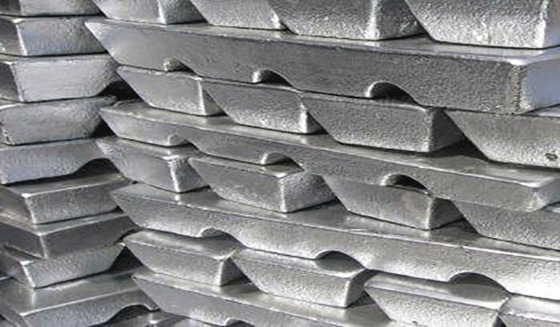Morgan, Sachs, Glencore have lawsuit against zinc price conspiracy dismissed.

Glencore, the metals mining giant
January 6, 2016
This is what a mining, metals market meltdown looks like
January 17, 2016
Two of the largest banks in the world and the biggest commodities trader have been found to be innocent of claims that they fixed zinc prices.
A U.S. judge has thrown out a private lawsuit accusing Goldman Sachs (NYSE:GS), JP Morgan & Chase (OTCMKTS:JFTTL) and Glencore (LSE:GLEN) of conspiring to drive up the price of the metal used to protect steel against corrosion.
The 87-page decision reached in a New York district court found that “purchasers failed to show that the defendants artificially inflated zinc prices by violating the Sherman Act, a federal antitrust law,” according to a January 7 Reuters story.
The alleged conspiracy involved hoarding and moving zinc from one warehouse to another, falsifying records and manipulation London Metal Exchange (LME) rules. Metal purchasers claimed the moves caused artificial supply shortages that boosted prices, states the report. The judge however said other factors could have influenced prices.
“It remains possible that shenanigans drove up the price of physical zinc,” Judge Katherine Forrest wrote. “But, at long last, plaintiffs have not adequately alleged that such price movement was due to a plausible antitrust violation, as opposed to parallel, unilateral conduct beyond the reach of that statutory scheme.”
“Plaintiffs cannot adequately plead their broad, five-year conspiracy simply by noting developments in the zinc market, particularly when many of those developments occurred at vastly different times over the class period such that the possibility of causation is hard to assess,” the judgment also states.
The proposed class action lawsuit claimed the conspiracy began in 2010.
The accusations of price fixing of course are nothing new to metals trading. In 2013 investors tried to show that JP Morgan violated federal antitrust and commodities laws by distorting silver prices between 2007 and 2010, however their claims were dismissed. On appeal, the U.S. Court of Appeals for the Second Circuit said allegations that the bank took large and ‘uneconomic’ short positions in silver were not enough to prove that it intended to manipulate the metal’s price. “An inference of intent cannot be drawn from the mere fact that JP Morgan had a strong short position,” they said.
The dismissed zinc lawsuit is similar to another case being heard in Manhattan alleging aluminum price manipulation, Reuters reports.
Zinc prices have traded between US$0.70 and $1.10 a pound over the last five years. Since mid-2014 they have fallen sharply, and currently stand at US$0.67 a pound.
Source: mining.com


